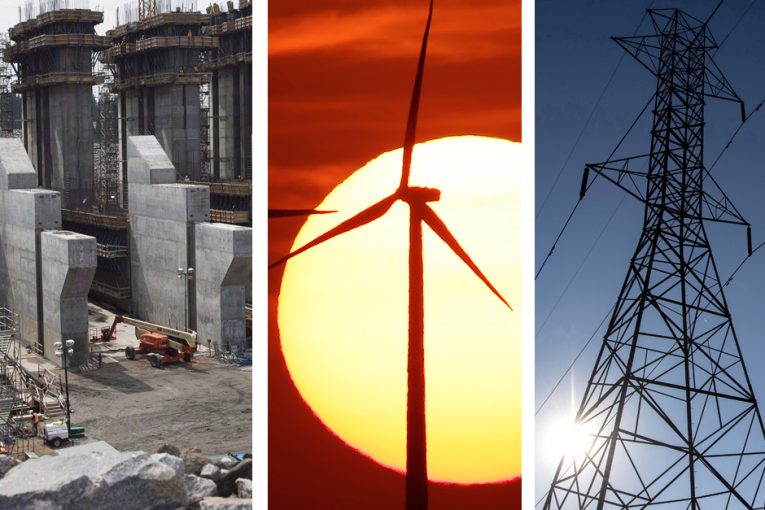
The Ontario government wants to quash a constitutional challenge of its global adjustment fee, a controversial surcharge on power bills that is estimated to have cost electricity customers billions of dollars.
All Ontario electricity customers pay the global adjustment charge, which covers the difference between the province’s market price for power and the price guaranteed to hydroelectric, natural gas, nuclear, solar and wind generators through regulated payments or contracts with the government. It also covers the cost of conservation programs.
The lawsuit was brought against the province by Hamilton-based National Steel Car Ltd., a 105-year-old manufacturer of railroad freight cars, which aims to have revenue collected from consumers declared an unconstitutional tax that was not approved by the legislature.
National’s case is against Ontario’s Ministry of the Attorney General, its Minister of Energy and the province’s Independent Electricity System Operator (IESO), which manages the power grid and sets the global adjustment rate.
Representatives for both sides were briefly in court Monday, where a lawyer for National, Jerome Morse, said he had found out Friday of a motion to strike the application. His associate, David Trafford, said in an email that the province had said it intends to file a motion to spike the entire case.
“As the court was advised today, Ontario will soon be serving and filing a motion to strike the application and for other relief,” a spokesperson for the Ministry of the Attorney General said Monday in an email to the Financial Post. “No dates have been set by the court. As this matter is subject to litigation, it would be in appropriate to comment further.”
A spokesperson for the IESO said the provincial power agency could not comment on the matter as it is still before the courts.
National is pushing to have the case heard before the next provincial election, scheduled for June 2018.
“The Ontario Legislature did not vote for the global adjustment,” said a press release last month from Morse Shannon. “It was imposed by the IESO without democratic authority and, consequently, among other reasons, is an unconstitutional tax.”
Ontario’s auditor general reported in 2015 that the province’s electricity customers paid $37 billion in global adjustment fees from 2006 to 2014, and would pay another $133 billion from 2015 to 2032. The province’s Liberal government has since enacted a plan to lower electricity bills by an average of 25 per cent, partly by reducing the amount of global adjustment customers will pay.
“The increasing cost of electricity in Ontario is driven by an illegal tax that supports industry outside the Province of Ontario, subsidizes unproductive power generation and puts well-paying Canadian jobs at risk,” said Morse Shannon last month. “National’s ability to compete and keep its work force employed has been and continues to be hampered, as its annual costs for the Global Adjustment on its electricity bills have risen from $207,000 to $2,044,000 since 2009.”
Alternatively, National claims that if the global adjustment is a tax, it is one that violates an Ontario law requiring the government to hold a referendum before introducing a new tax. No referendum was conducted, the lawsuit notes.
National’s lawsuit cites the 2009 enactment of Ontario’s Green Energy and Green Economy Act, and contracts the Liberal government of the day entered into with to renewable energy producers, which the company says guaranteed electricity rates that “are far in excess of the market rates for electricity generated from renewable energy sources or conventional sources.”
A private conference will be held to hammer out a timeline for the case as soon as possible, Trafford said.
[email protected]
Twitter: @geoffzochodne
You can read more of the news on source
